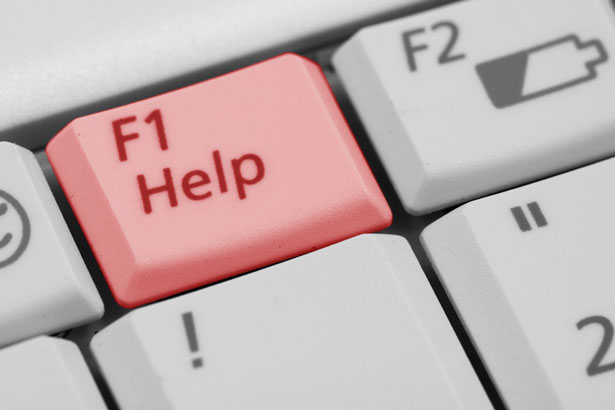|
Over the last twenty years the internet has revolutionized everything from talking with friends to going shopping. It affects everything in our lives: how we look up the weather; how we find jobs; how we run businesses. Cyberspace is the New Frontier. Yet like any new territory, it serves as a new terrain for warfare.
Imagine what it would be like if everyone were suddenly cut off from the internet. No electronic transactions for businesses and government. No access to online bank accounts. There would be total immobilization. Such an attack is very real and has already occurred numerous times on a small scale.It is called a denial-of-service attack. The attacker sends numerous requests to access a website – so much that the website’s server becomes overloaded and disabled. Such an attack could be used by a malicious individual or more importantly, it could be used by nations at war that want to disable each others telecommunications: http://redtape.msnbc.com/2010/06/imagine-this-scenario-estonia-a-nato-member-is-cut-off-from-the-internet-by-cyber-attackers-who-besiege-the-countrys-bandw.html So, the question becomes how much power should governments have to patrol the internet. Up until now, the internet has been a wild frontier. Anyone can look up any website in their browser. Should governments be able to disable computers that try to overload websites? After all, the computers are really just accessing websites millions of times over. It is malicious, but should the government have the power to stop a specific computer from accessing a website that is supposed to be open to the public? This question will only loom larger as the Federal Communications Commission plans to make broadband internet the official primary form of telecommunication in the United States: http://www.consumeraffairs.com/news04/2009/07/dtv_delay18.html -SD
0 Comments
…The first hotel in the United States with indoor bathrooms started construction in 1828.
The first steel-arch bridge — the Mississippi River Bridge, or more recently known as the Eads Bridge — was opened at St. Louis, Missouri. Engineered by James Buchanan Eads, this two-tier triple-arch bridge was stabilized in bedrock with pneumatic caissons. Using the Pacific cable, President Theodore Roosevelt sent “the first official message over the new cable across the Pacific Ocean between Honolulu, Midway, Guam and Manila.” In other news, a surgeon in Sankt Johann, Tyrol recently amputated an Austrian woman’s leg. The procedure would have followed standard protocol, except the surgeon amputated the wrong leg. The 90-year-old victim of the faulty amputation, who is now set to leave the hospital in the next few days, had sought surgery due to vascular disease. GB |
Categories
All
Archives
April 2024
|


